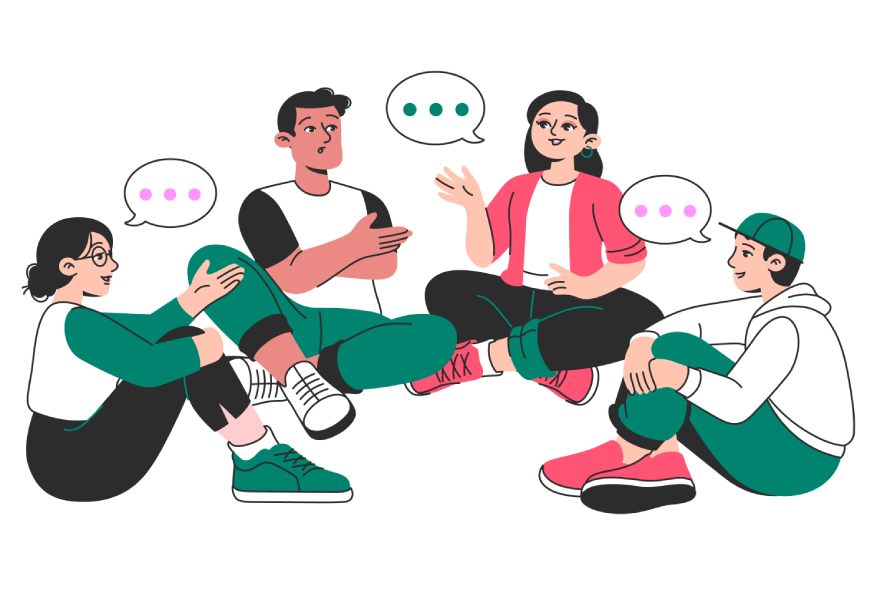People tend to think that once you’re in a relationship, you sort of become this unit. Two names said together all the time. Plans made together. Weekends spent together. And that’s nice for a while. But somewhere along the way, the world outside starts to fade a bit.
It’s strange how fast it happens. You skip a friend’s birthday. Then another. Then it’s months since you’ve seen anyone that isn’t part of “your couple life.” It doesn’t feel like a big deal at first, but it changes things. Not just in friendships — in the relationship itself.
When everything starts to circle around one person, you lose the small things that made you interesting to begin with. The random stories. The small frustrations you’d usually talk out with a friend. The space to just exist without being half of something.
Psychologists talk about how people in close relationships need “separate oxygen.” It means time and connections that aren’t shared. Without that, partners can start to rely on each other for everything — comfort, entertainment, approval, emotional support. And no one can actually be all that, not without burning out.
Friendships balance that out. Being with people who’ve known you for years keeps you grounded. They don’t care how in love you are, or if you argued about dishes last week. They just make you laugh, or drag you out for a drink, or remind you of who you were before things got serious.
It’s like emotional stretching. You loosen up. You get perspective.
There’s this quiet benefit too — you come home lighter. You have something new to say. Something to laugh about. It breaks the loop of same-day conversations that couples fall into after a while. That alone can change the whole tone of a relationship.
Researchers have written about this for years. One study from the University of Michigan found that people who maintain close friendships outside their romantic relationships report higher satisfaction and lower conflict. The idea was simple: people who feel socially supported handle stress better, and that spills over into how they treat their partners.
Basically, the more connection you have with the outside world, the more balanced you are inside the relationship.
There’s another layer to it — attraction. Seeing your partner through other people’s eyes can remind you of what drew you to them in the first place. Maybe it’s how they talk when they’re relaxed, or how easily they make people laugh. You forget those things when life becomes too routine. Watching them interact with others, even casually, kind of resets that spark.
It works both ways. You also remember who you are when you’re around friends. The parts that get quieter in couple life — your humor, your independence, even your opinions. Those are the same traits that probably made someone fall for you.
People sometimes confuse closeness with always being together. But closeness is about connection, not constant contact. Two people who each have their own circles usually have better energy when they’re together. There’s less pressure, less boredom, less quiet resentment that builds when you don’t even realize you’re running out of things to say.
It’s not about avoiding your partner. It’s about keeping your life wide enough so you don’t lose yourself inside the relationship.
Some therapists call time with friends “relational breathing room.” It’s not romantic or dramatic — it’s just the space where individuality stays alive. Without it, couples often end up feeling drained and not really knowing why.
Having dinner with friends, catching up, laughing over nothing — these things refill something in people. And when you go back home, you bring that energy with you. The relationship feels lighter. You listen better. You’re less quick to snap.
That’s the part that doesn’t get posted on social media, but it’s what really keeps long-term relationships working.
In the end, it’s not about choosing friends over your partner. It’s about realizing that both feed different parts of you. Love is steady, but friendship adds motion. It keeps you curious, connected, awake.
So if you ever feel a little guilty for wanting a night out or a weekend away with friends — don’t. It’s not pulling away. It’s recharging.
Love needs space around it to stay alive. And sometimes that space looks like laughing at a friend’s bad story, losing track of time, and coming home happier than you left.
